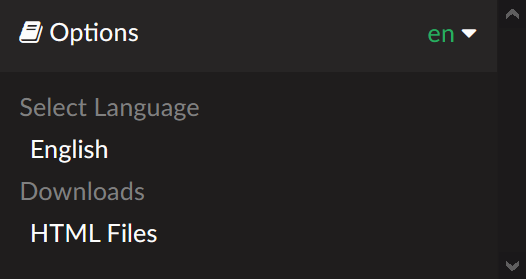With all the changes and additions to Picard over time, I get the sense that the on-line documentation could be improved. I’ve taken a shot at some restructuring (specifically the scripting and tagging sections) using the ReadTheDocs format to see if the access to the information could be simplified. In the process, I’ve tried to expand the descriptions of all of the scripting functions, and include usage examples for each.
This is still very much a work in progress because I need to add in most of the hyperlinks, and there are a few sections that I haven’t yet included, but I think there’s enough there for people to have a look and provide feedback.
If there is enough interest, perhaps this can be expanded to a comprehensive Picard on-line manual, complete with detailed explanations of the settings, how to do lookups, scripting and file naming, submitting information to MusicBrainz, and anything else we want to include. Picard is an extremely powerful tool, and I suspect that more people could make more effective use of it if there were more extensive documentation that is readily accessible.
During this initial conceptual development stage, I’m temporarily hosting it on one of my websites under a Picard Docs directory. Edit: I’ve now moved the whole thing to a project on GitHub with a new link to the docs. Please have a look if you’re interested, and let’s work together to improve it. Comments and suggestions are appreciated. Thanks.


 In my case, all this search strings leads to $title as first search result. “Advanced Variables” is the 3rd search result.
In my case, all this search strings leads to $title as first search result. “Advanced Variables” is the 3rd search result.